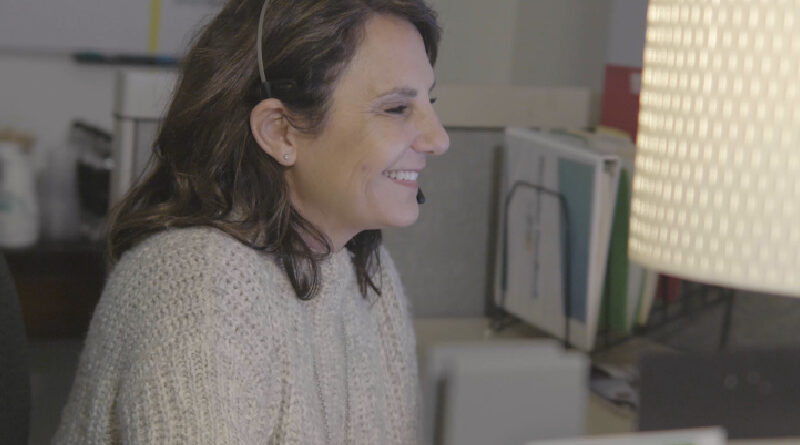Grant Halliburton Foundation Marks 15 Years
The Grant Halliburton Foundation was established in 2006 in memory of Grant Halliburton, a Dallas teen who battled depression and bipolar disorder for several years before his suicide death at the age of 19.
Now in its 15th year, the foundation has provided mental health education, training, and support to more than 200,000 students, educators, parents, and professionals.
“In 15 years, we’ve been able to talk more openly about mental health and provide resources, but there’s still a stigma tied to this important issue,” said the foundation’s co-founder, Vanita Halliburton. “Our goal is to be the ‘go to’ organization for those who need resources and for those working with children to young adults. If you, your loved one or someone you know needs help, we encourage you to contact us.”
According to the 2021 The State of Mental Health in America study, mental health and suicide are still critical issues among children and young adults.
“This report states that 60% of youth with depression don’t receive any mental health treatment, and I estimate that number is actually higher since many who need help don’t seek it. The pandemic also shifted school online, away from peers and friends, and home life into a bubble. So for those who were experiencing depression or other mental health symptoms, their conditions may have gotten worse,” said Cami Fields, Grant Halliburton Foundation director of outreach and education. “The stigma of mental health isn’t going away, so we work hard to help as many as we can through a series of education, talks and programs.”
During the pandemic, the foundation shifted to doing a majority of its school presentations for students, parents, teachers, schools, counselors, and others online.
Blanca Garcia, director of mental health resources at Grant Halliburton Foundation, has seen an increase in the severity of calls to the mental health navigation line during 2020.
“The calls lasted longer and highlighted more family problems. There was also a rise in elevated crisis calls, though we are not a crisis line, but we can refer them to other resources,” Garcia added.
Callers are connected to a trained mental health navigator who can offer support and information about services and resources in their area. These are trained volunteers who gather pertinent information from the caller regarding their needs. Then, an experienced mental health professional helps to identify specific resources tailored to the caller’s needs within 24 hours.
“Feeling anxious or depressed is normal, and people can learn to cope with that,” Garcia said. “ In some cases, they may need a professional to talk to, and that’s our role to help as many as possible.”








